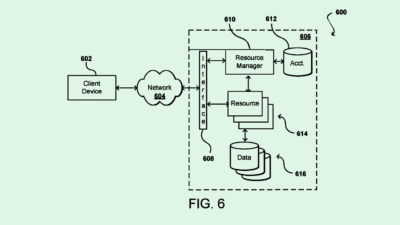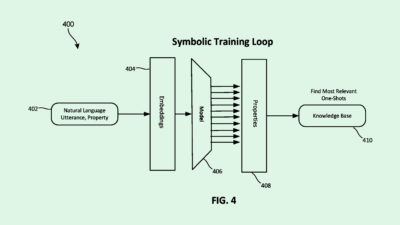Big Tech’s Bigger AI Investments May Lead to a ‘Winner Takes All’
Some companies may be digging themselves into a hole that they’re not able to get out of.

Sign up to get cutting-edge insights and deep dives into innovation and technology trends impacting CIOs and IT leaders.
Big tech, smaller rivals and investors of all sizes are dropping big bucks on their AI visions, but all of them won’t be winners.
Which makes it important for businesses with less cash to spare to develop their AI strategy upfront rather than funneling cash to a variety of initiatives to see which works. That will help them avoid heavy losses in a game in which the winners take all and the playing field is tilted heavily toward those with the biggest budgets.
According to data from Bloomberg, four of the world’s largest tech firms – Amazon, Google, Microsoft and Meta – are expected to funnel more than $344 billion into capital expenditures this year, much of which will go toward data centers that feed their lofty AI ambitions.
They aren’t alone:
- According to data from Pitchbook, reported by CNBC in late July, AI startups raised more than $104 billion in the first half of 2025, nearly matching the total amount invested in AI startups in 2024. Around two-thirds of all venture funding during that period went to AI.
- And investors are devising their own AI infrastructure strategies, too. On Wednesday, Apollo Global Management agreed to acquire a majority stake in Stream Data Centers, and Brookfield Asset Management announced a strategy dedicated to developing AI infrastructure, aiming to capitalize on a “significant pipeline of opportunities.”
The firms are all vying for a piece of a market that’s estimated to be worth multiple trillions, said Brian Sathianathan, CTO and co-founder of Iterate.ai. Some are already starting to see the payoff. Industry darling Nvidia has been able to “sell and move servers with all the data center buildouts,” he said, and the three biggest cloud providers – Google, Amazon and Microsoft – are seeing significant growth. “It’s already working,” he said.
Those that manage to win have a shot at massive returns. “This market’s got the potential to do that,” Sathianathan said. But with all the cash flowing into developments, some companies may be digging themselves into a hole that they’re not able to get out of, he said.
“This is a winner takes all,” said Sathianathan. “If 20 players are vying for a spot that five can fill, then 15 are going to fail. That’s just the nature of free markets.”
So where does this leave the average enterprise? The best place to start is determining what “core competencies” your business has and how AI fits into them, Sathianathan said.
When choosing an AI vendor, he added, it’s best not to put all your eggs in one basket. “I would warn enterprises from fully betting on one Big Tech firm,” he said. Doing so could create a “lock-in” that ends up making it more difficult to switch if better options present themselves. “Bet on a few, and also bet on startups,” he recommended.
“Big companies have invested so much in this,” Sathianathan said. “They’re going to try and put you into a place where you are stuck with their software or their infrastructure.”











